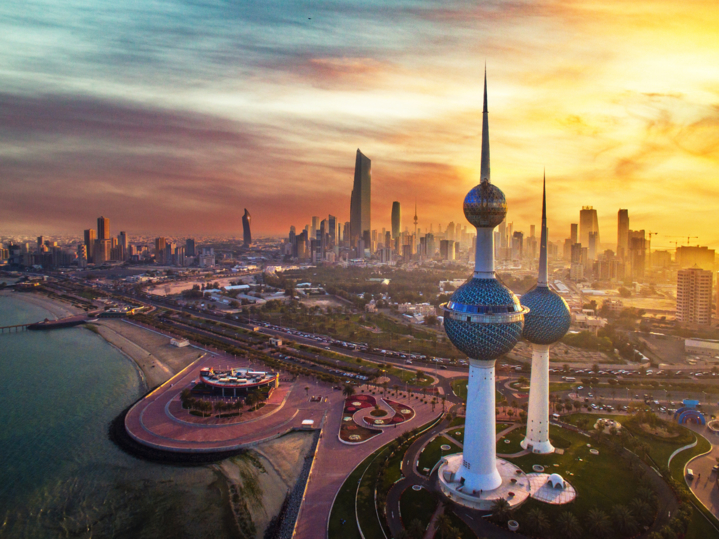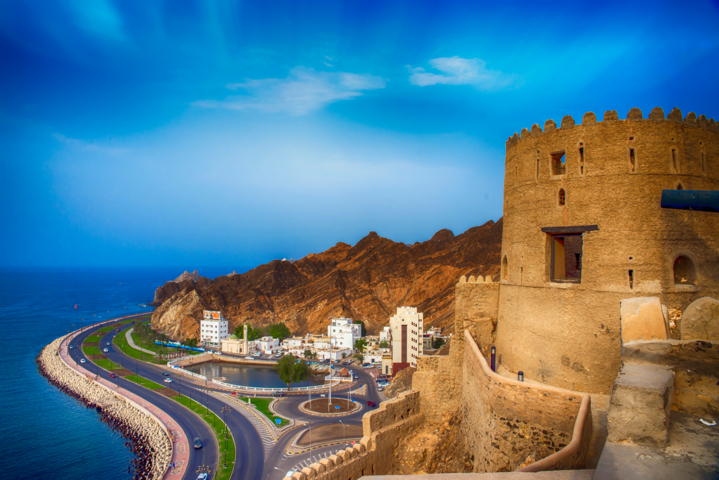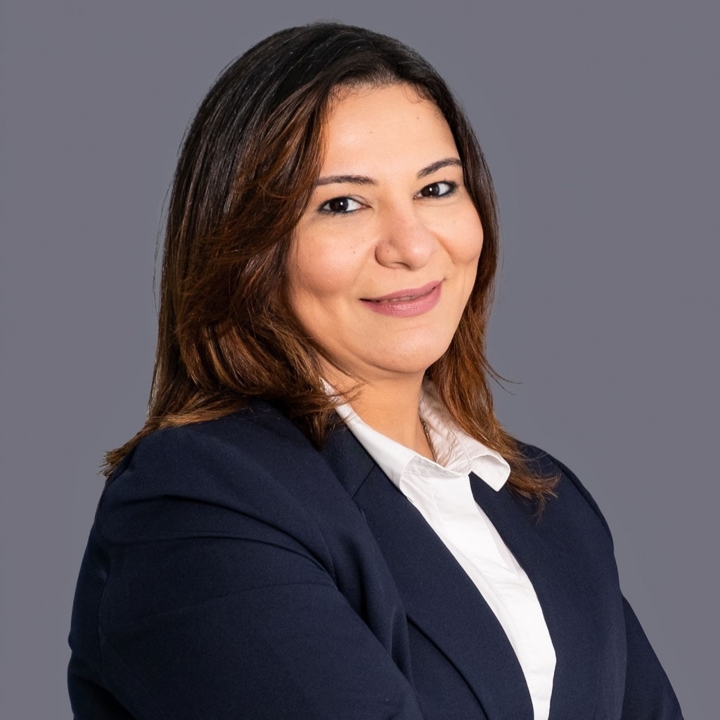
Market Entry into the United Arab Emirates: Opportunities for German Companies
The United Arab Emirates (UAE) is a dynamic business location with a strategic position between Asia, Europe, and Africa. For German companies, the UAE offers attractive conditions for exports, investments, and regional expansion.
Economic Indicators and Structure
The UAE has a diversified gross domestic product (GDP) composed of various sectors. While Abu Dhabi contributes around 60 percent of the GDP, Dubai leads in trade, tourism, and logistics. The country’s economic policy aims to further reduce its reliance on the oil sector and promote industries such as renewable energy, technology, and services.
Foreign Trade and German Exports
The UAE is one of Germany’s most important trading partners in the Middle East. In 2024, German exports to the UAE rose by 12 percent to reach 7 billion euros. Key export goods include machinery, vehicles, and chemical products. As a trading hub for the entire Gulf region, the UAE offers an ideal base for export activities.
Logistics Hub with Global Connectivity
With world-class infrastructure, including Jebel Ali Port and Dubai International Airport, the UAE serves as a globally significant logistics center. In the World Bank’s 2023 Logistics Performance Index, the UAE ranked 7th out of 139 countries, highlighting the country’s efficiency and quality in logistics services.
Location Advantages: Free Zones and Business Setup
The UAE offers numerous Free Zones that allow foreign investors 100 percent ownership, tax exemptions, and simplified company formation processes. Alternatively, the Mainland model provides direct access to the local market. In recent years, legal frameworks have been modernized to further facilitate foreign investment.
Economic Opportunities in the Wider AHK Target Markets
In addition to the United Arab Emirates, countries such as Oman, Qatar, Kuwait, Iraq, and Pakistan offer attractive prospects for German companies looking to expand their presence in the region. These countries are pursuing ambitious development strategies and are increasingly investing in the diversification of their economies.
Get in touch:
-
Markus Brandt
Head of Business Development & Market Entry | DEinternational Dubai
+971 (0)4 4470100 Markus.Brandt@ahkuae.com -
Laura Moussa
Head of Business Development & Market Entry | DEinternational Abu Dhabi
+971 (0)2 6455200 Laura.Moussa@ahkuae.com







